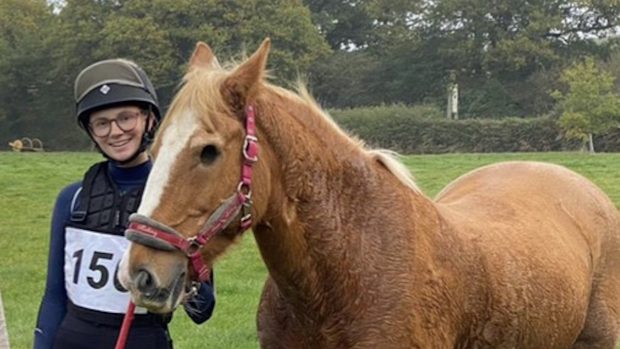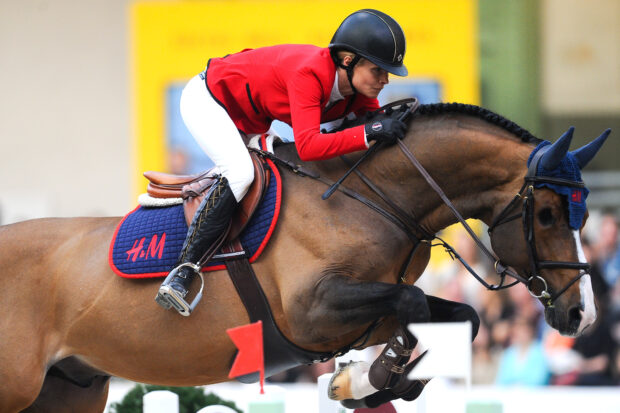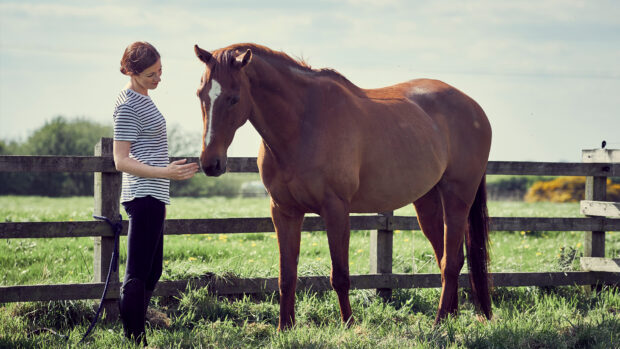The University of Liverpool has successfully operated on a horse with severe cataracts in a rare surgical procedure, which may ultimately pave the way for other horses with the condition to have their sight restored.
The equine patient, James, was completely blind in his right eye and had only limited vision in his left eye due to cataracts before the operation. His prognosis was poor until Dr Derek Knottenbelt and his team at Liverpool University’s large animal hospital at Leahurst on the Wirral decided to operate.
Dr Knottenbelt explains: “This lovely horse was going to become completely blind unless we operated, but the procedure is a rare and difficult one with major risks. We only went ahead as there was really no other option.
“The procedure took around 40 minutes and involved the removal of the lens in the right eye using ultrasound to disrupt the lens material. James’ cataract was so solid that conventional methods for human lens removal were not possible and so the eye itself was opened and the solid portion removed directly.
“We are grateful to Dr David Wong from the University’s Ophthalmology Research Unit for his help with the surgery.”
Although eye surgery is commonly undertaken in humans and small animals, the horse’s eye is particularly difficult to operate on because it is extremely sensitive and can easily collapse when the internal structure is interfered with.
Dr Knottenbelt continues: “Any work on the horse’s eye makes it susceptible to uveitis, or moon blindness as it is also know, which causes the horse a lot of pain, in addition to a lack of sight. At present James is showing no signs of uveitis and is responding to light and dark, which is fantastic news, although his prognosis remains guarded.”
Dr Knottenbelt hopes to operate on James’s left eye once he has fully recovered from the surgery but is keen to emphasise that his team’s success is only a tiny step forwards in understanding and improving equine eye surgery, an area which is fraught with dangers.
“We are trying to develop ways of increasing the chances of a successful outcome and the restoration of sight. We are determined to improve the outlook for horses that would otherwise be condemned,” he says.
The horse’s owner, Tony Sumpton, was pleased with the outcome of the initial operation.
“I am extremely grateful to Dr Knottenbelt,” says Tony. “James is showing good signs of recovery and we hope the operation on his left eye will be an equal success.”




